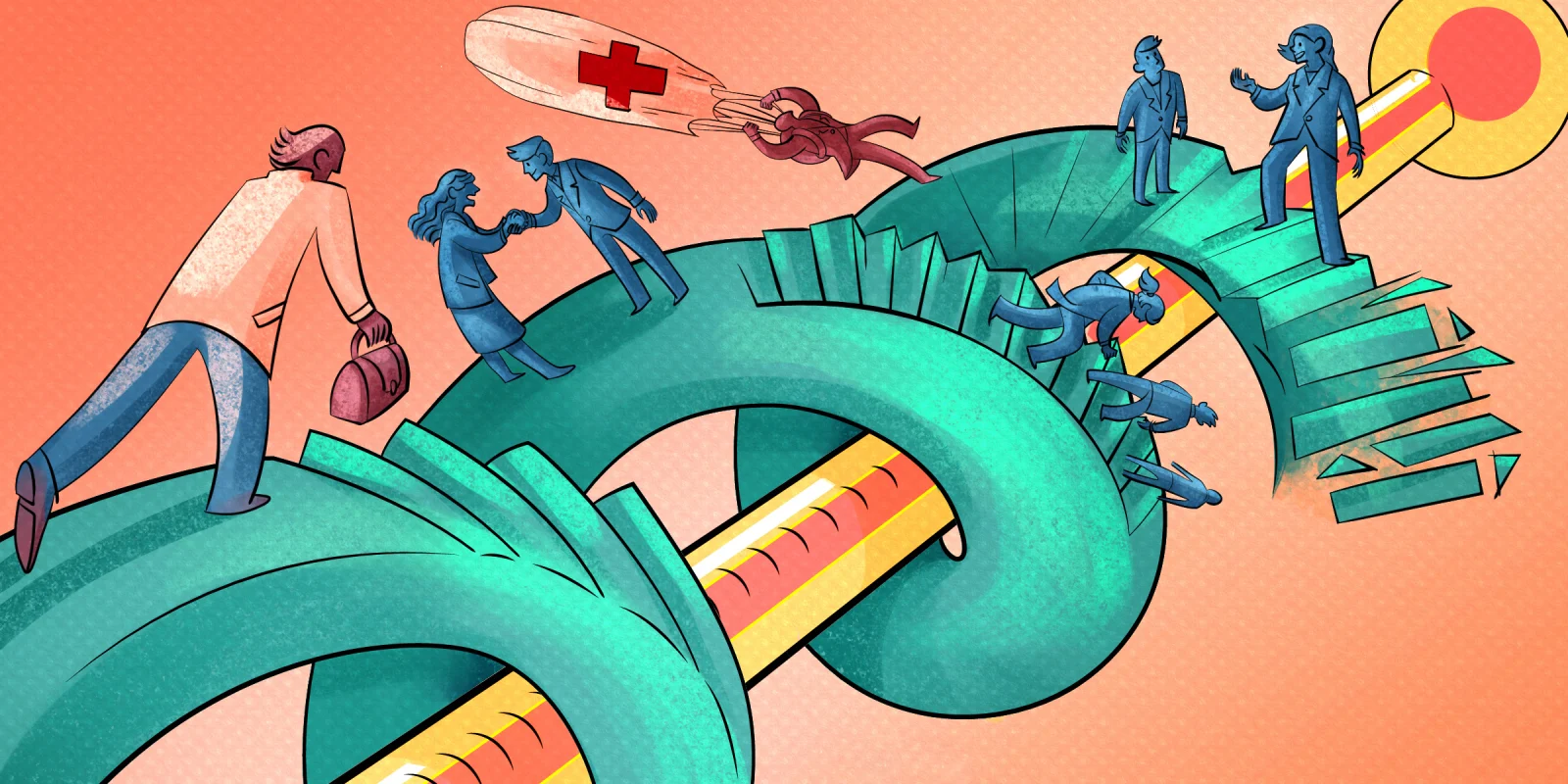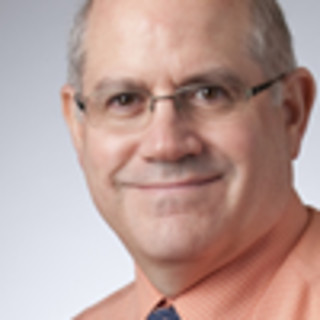Education and Training are central to the functions of the professional societies that sponsor Digestive Disease Week and the many clinicians who participate in training programs as educators. This year the American Gastroenterological Association Education and Training Committee, led by Dr. Chris Forsmark, scheduled a session on “Strategies for Faculty Development in Gastroenterology and Hepatology,” co-chaired by Dr. Laura Raffals from Mayo Clinic.
The session dealt with topics ranging from fellowship training through assessing and expanding skills after graduation to lifelong learning.
Dr. Brijen Shah from Icahn School of Medicine at Mount Sinai in New York discussed the progress of the ACGME toward developing Milestones for Clinical Educators. These milestones are designed to measure the progress of clinical educators along the continuum of skills that define an effective educator. They include knowledge of the science of learning, the creation of an effective learning environment, management skills, and leadership training. Currently, they are in draft form for comments by the education community. When completed, they may allow programs to assess faculty against standard criteria to judge progress along the clinical educator pathway, identify gaps in skills, and remediate them.
In a similar vein, Dr. Sri Komanduri discussed the difficulties that faculty members have in adding new skills to their repertoire once they have started clinical practice. Time often is at a premium as the demands of work and the needs of patients are priorities for busy clinicians. In addition, there are limited opportunities for hands-on training and supervision to gain mastery of new techniques. Simulation training offers a chance to learn new skills and assess competence development after fellowship training is completed; this approach needs development of an infrastructure of devices and trainers.
Dr. Amy Oxentenko from Mayo Clinic Scottsdale tackled the problem of keeping up with developments in medicine after fellowship and pointed out the need to utilize opportunistic learning strategies. We are blessed with a plethora of information sources: institutional libraries, professional organizations, medical apps, podcasts, and social media. These provide stream of information that is available 24/7 from anywhere with an internet connection. Personalizing and managing this stream is the key to opportunistic learning that can be made to fit one’s personal learning style and availability.
Dr. Larry Schiller from Baylor University Medical Center in Dallas emphasized the need for medical educators to utilize the lessons learned from educational psychology and general education science to optimize our trainees’ acquisition of skills and knowledge. Often, clinician educators are unaware of the best methods to teach a skill or facilitate learning. Faculty development efforts often run into a ditch, relying on stale lectures rather than being the give and take of true discussions that produce deep learning. Dr. Schiller called for training programs to encourage “master teachers” to disseminate best practices based on educational science to the faculty and to provide support for these efforts.
Finally, Dr. Sanjiv Chopra reflected on the need for lifelong learning by stressing the value of careful clinical observations to advances in our field. He reviewed several salient discoveries based on clinical observations during the last century: the discovery of Hepatitis C by Dr. Harvey Alter, the linkage of Helicobacter pylori to peptic ulcer disease by Drs. Marshall and Warren realization that a decrease in the occurrence of celiac disease was related to the reduced availability of bread during World War II, and more recent research that GIP/GLP-1 receptor agonists reduce body weight and benefit patients with NAFLD. He advised us to be alert to developments with the microbiome, artificial intelligence, CRISPR technology, and mRNA vaccines.
Medical science is constantly changing. Clinicians need to polish their abilities to keep up and share these developments effectively with their trainees and colleagues.
Illustration by April Brust







